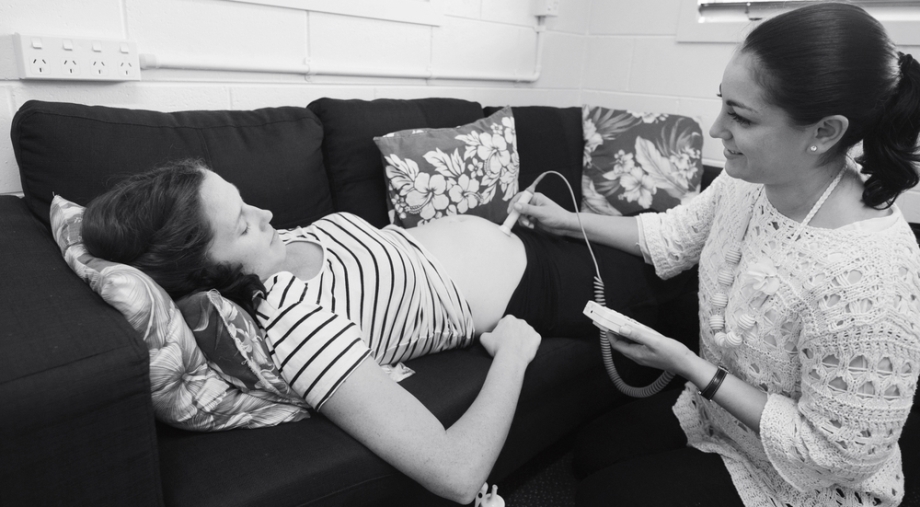
In contemporary, mainstream and evidence-based scientific medicine, a midwife is a trained medical health professional who predominantly takes care of the physical health of mothers and newborns around the period of childbirth.
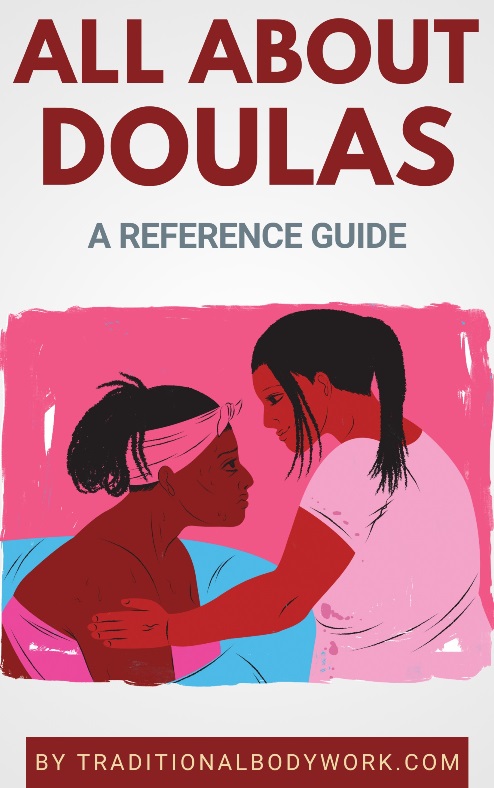
The professional midwife is formally educated and trained to take care of women during their pregnancy (in the prenatal period), during labor and delivery, and after childbirth in the so-called postpartum period. Mind that a midwife can also be a man, called a male midwife, which in some cultures is a normal occurrence or even has exclusively been the case.
At any rate, the midwife is an expert in assessing what’s normal during the pregnancy or what needs specific care or further evaluation, and is skillful in handling the labor and delivery process even in certain complicated cases, such as twin births, or turning babies that lie in a breech position into a head-down position, and so on.
In contrast to birth doulas, midwives are allowed to prescribe medications, order medical tests, perform routine gynecological and clinical care, do specific physical exams and give certain medical advice, and — last but not least — are allowed to perform the actual delivery of the baby.
Nevertheless, for pregnancy or labor complications that go beyond the midwife’s training, a physician, surgeon, or obstetricians will intervene.
In many countries, midwives, obstetricians, and physicians work together in supporting women during the pregnancy and delivery period, but there are also countries in which only midwives do the job and in others in which mostly obstetricians are involved. Increasingly, pregnant women will also make use of the services of a doula. The doula is much more targeted on giving informational, educational, logistical, advocacy, physical, counseling, and emotional support to women during their pregnancy and the postnatal period, but is not allowed or qualified to perform medical practices.
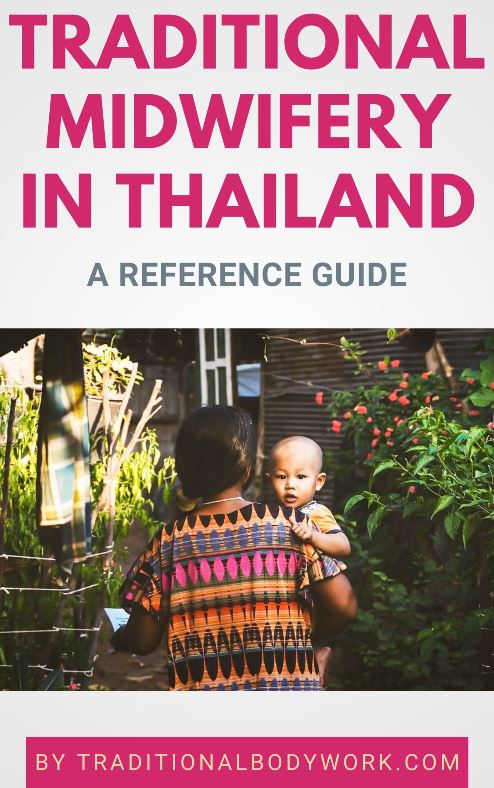
In quite a number of developing countries, midwifery care is primarily given by traditional birth attendants, also called traditional midwives, which is sometimes the only care available for pregnant women. Nonetheless, many governments from those countries increasingly give additional training to traditional midwives to integrate contemporary medical knowledge and practices of modern medicine into traditional medicine and practices, as such incorporating traditional midwifery in their primary healthcare systems.
Another interesting fact about traditional birth attendants is that they tend to combine both the role of the full spectrum doula and midwife, meaning that they manage the complete reproductive trajectory — from preconception until and including the extended postpartum period — by giving informational, educational, physical, medical, and emotional support to the mother-to-be, while also handling pregnancy and birth complications, the actual labor and delivery process, and the client’s family and community.

 Find themed health, wellness, and adventure holidays around the world.
Find themed health, wellness, and adventure holidays around the world.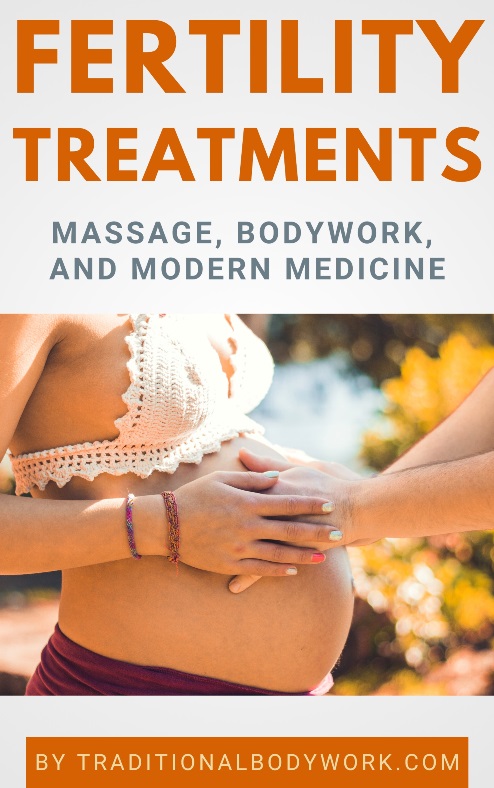

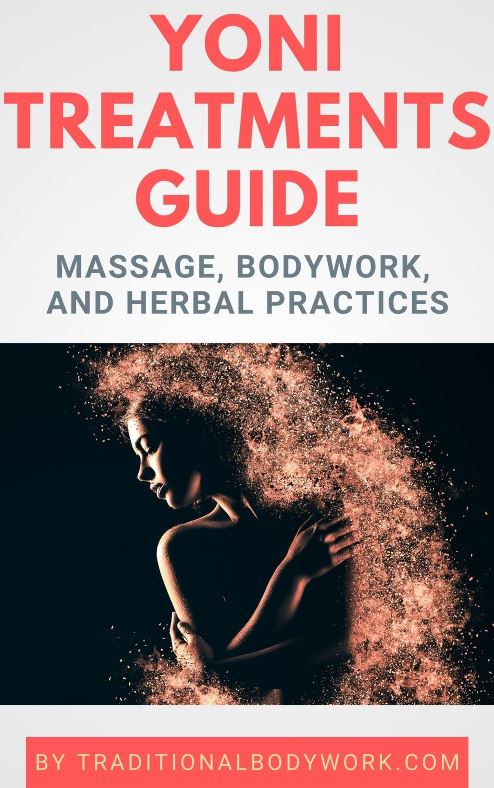




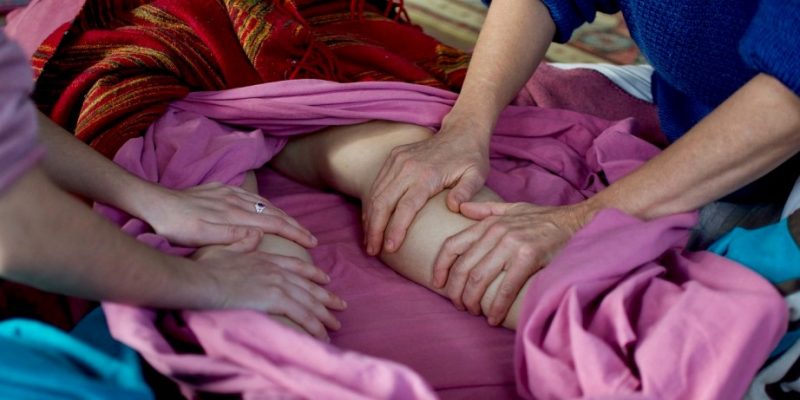
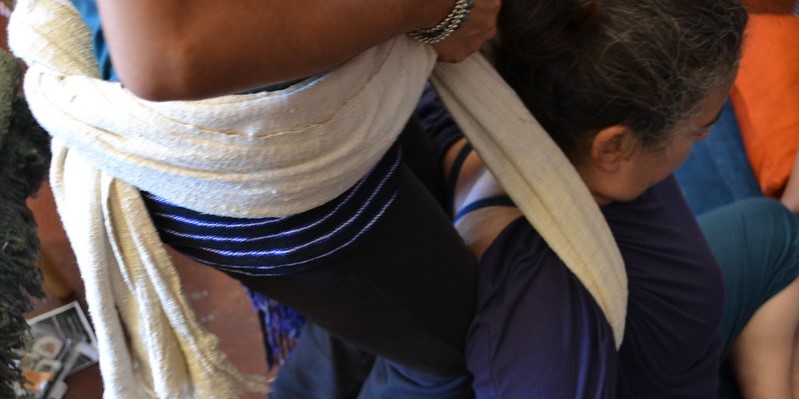



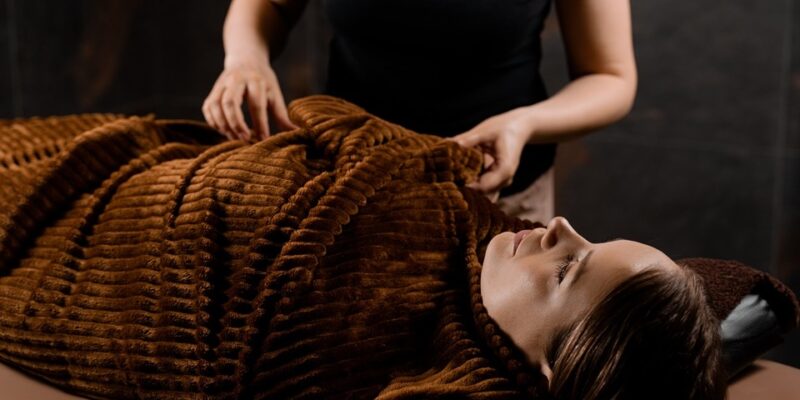




 Find themed health, wellness, and adventure holidays around the world.
Find themed health, wellness, and adventure holidays around the world.